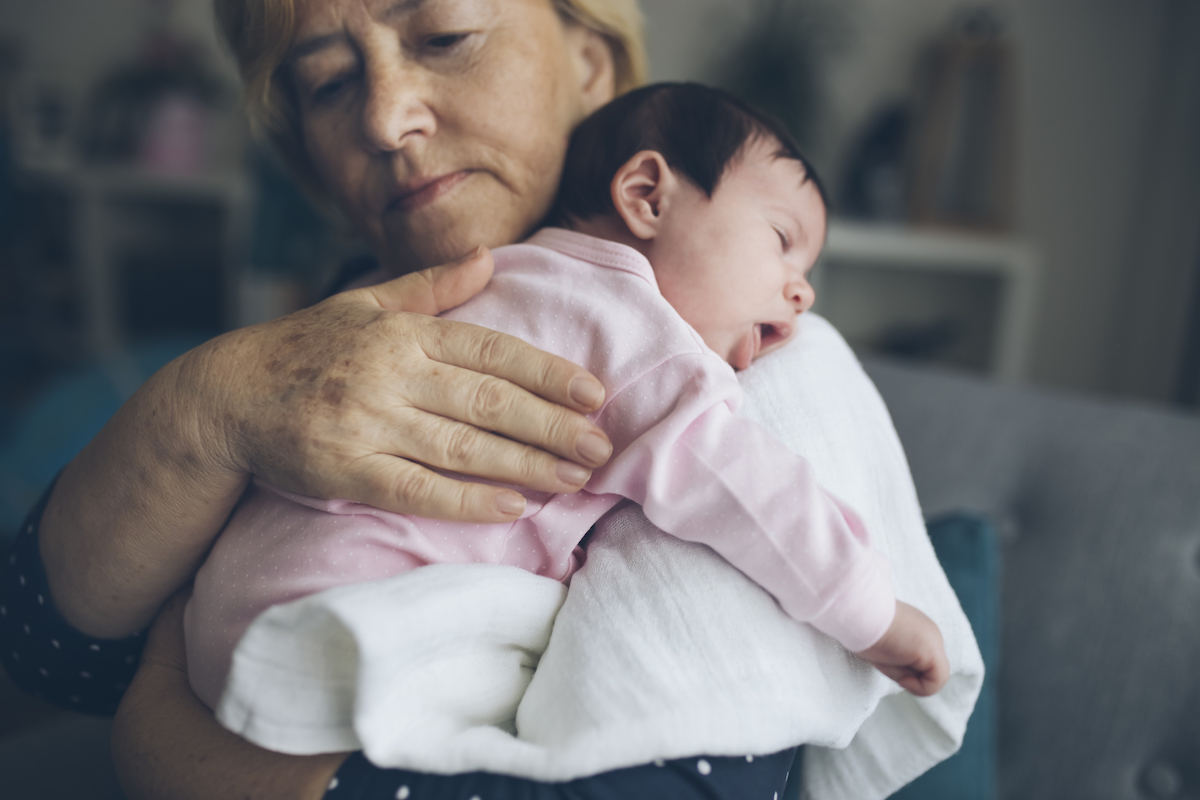Citing new safety data indicating the COVID-19 vaccine poses no increased risk of miscarriage, the Centers for Disease Control and Prevention (CDC) today repeated its recommendation that women get the vaccine during the first 20 weeks of pregnancy.
The new data upgraded the CDC’s guidelines from merely offering information about the vaccine’s availability for pregnant women to a formal recommendation, which aligns with the stance of the American College of Obstetricians and Gynecologists. Dr. Elizabeth Deckers, director of quality and safety in maternal health for Hartford HealthCare, stressed the safety of the vaccine for pregnant women.
The CDC announcement noted that there is limited available data on birth outcomes after vaccination, since the vaccine has only been available to the public since December, but the risks of COVID-19 infection in pregnancy are well known.
Pregnant women with symptomatic COVID-19 are at increased risk of severe illness, ICU admission, need for respiratory support and death when compared to symptomatic non-pregnant women. These women also appear to be at increased risk for preterm birth and cesarean sections.
“As the more contagious Delta variant surges in many locations, pregnant women are a vulnerable population,” Dr. Deckers said. “Despite these known risks, only about 22 percent of pregnant individuals have received one or more doses of the COVID-19 vaccine. This is one of the reasons that ACOG recently made a strong recommendation in strong support of vaccination during pregnancy.”
Erin Bane, DNP, a nurse midwife with the Windham Hospital Women’s Health Services Clinic, agreed.
“I’m so excited that the CDC continues to support the vaccination of pregnant people, in alignment with ACOG’s recommendation,” she said. “While our data is relatively limited, we know that COVID-19 infection is very dangerous in pregnancy, while everything we know about the vaccine has shown it to be safe.”
She and Dr. Deckers sympathized with women concerned about potential harm to their unborn child, but they should consider their personal risk of virus exposure and the emerging evidence of the safety of COVID-19 vaccine in pregnancy.
Dr. Deckers sympathized with women concerned about potential harm to their unborn child, but they should consider their personal risk of virus exposure and the emerging evidence of the safety of COVID-19 vaccine in pregnancy.
“It’s understandable that women would be concerned about getting a vaccine that hasn’t been fully tested in pregnancy,” she said. “Women have to balance what’s known about the vaccine and the risks of what could happen if they got severe symptoms of COVID when pregnant.”
She also explained that pregnant women already get inoculated against seasonal flu, hepatitis B and whooping cough during pregnancy to protect the unborn baby.
“The type of vaccine you don’t want in pregnancy is a live vaccine. Otherwise, vaccines have a very important role in successful pregnancies,” Dr. Deckers said.
Bane said pregnant women should talk openly with their provider about the vaccine.


